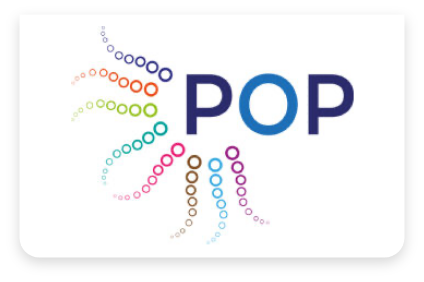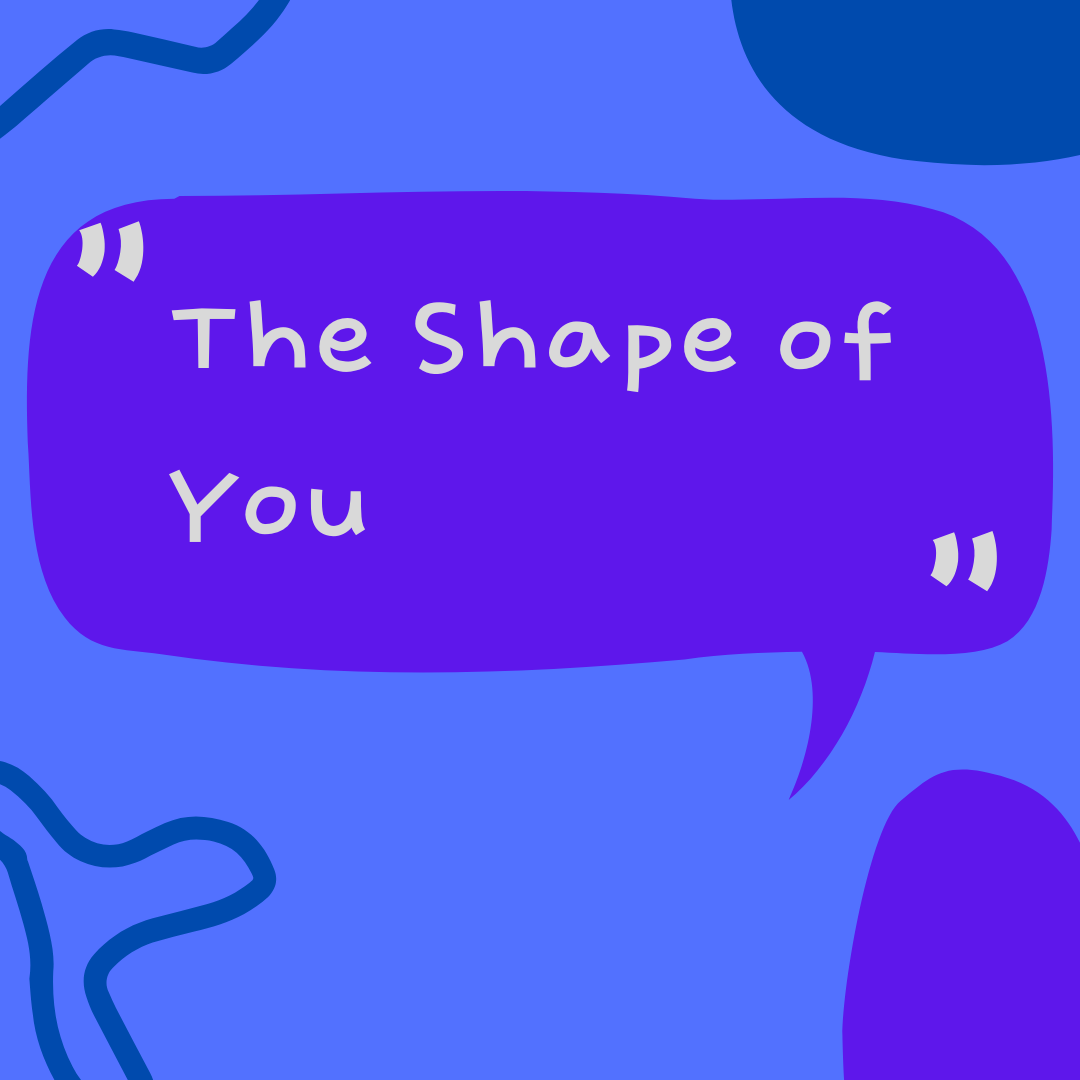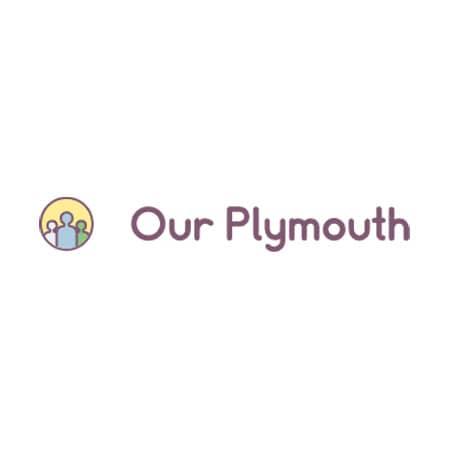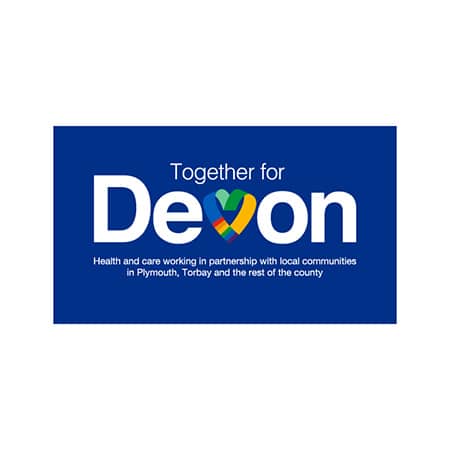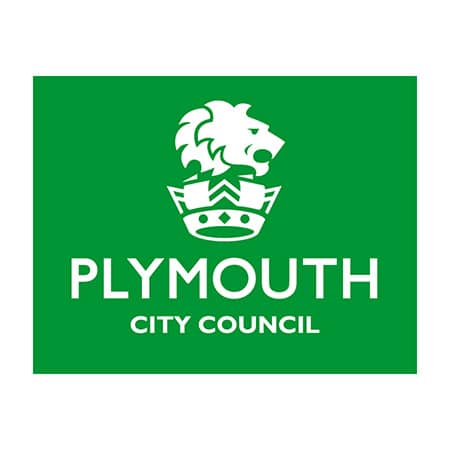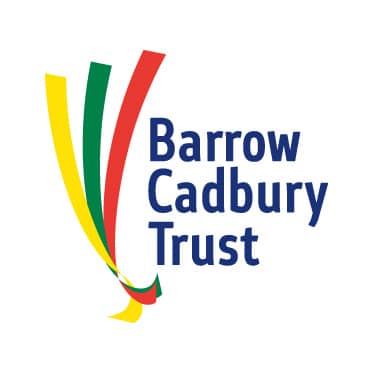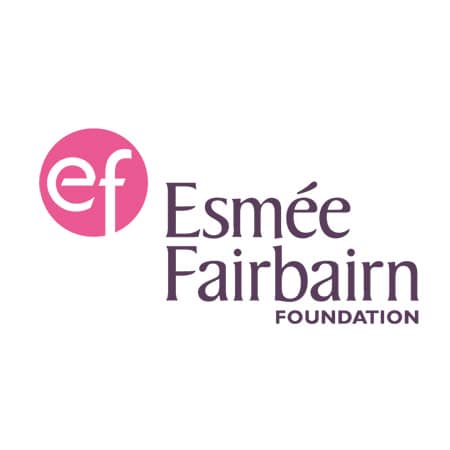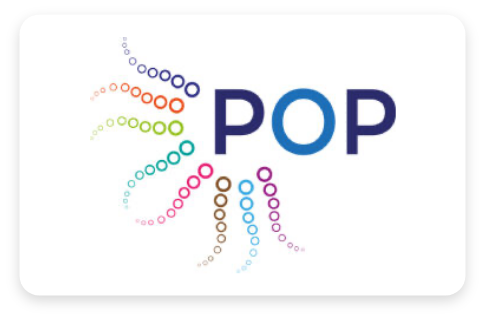By Simon Travers
In my role as POP’s learning champion, I can see from POP Collectives that collaboration impacts the grassroots voluntary sector. Collaborative action between organisations makes work for social and environmental impact a richer, more satisfying and effective experience. What is better than teaming up with people you like on projects you believe in?
One of the aspects of POP Collectives that I have noticed is the diversity of structures different collaborations employ. ‘Collaboration’ and ‘collective’ are flexible words that can sustain vastly different experiences of activity. POP has found that when organisations work towards their values, rather than funder targets or KPI’s, they have the freedom to decide what structure suits them. As we learn more about this, POP can provide targeted support and networking opportunities for organisations involved in starting Collectives.
POP has recently updated its Collectives Fund application form to try and make the process easier for applicants and for members to advise and rate projects. Without POP membership involvement, the Collectives process does not work. Collectives need your experience. One change is that a question has been added to the Collectives application form to consider what ‘shape’ the applicants believe their collective may take. This information will help POP and the membership understand how Collectives function more clearly.
Four Different ‘Shapes’
POP Collectives vary in attitudes towards leadership; communication style; task management and group dynamics. We’ve identified four distinct structures, or ‘shapes’, that seem to repeat across collaborations.
Murmurations
Like birds of a feather who flock together, the individuals participating in those Collectives that resemble Murmurations work intuitively, constantly moving together on all areas of the project. These Collectives tend not to have a clearly defined leader and place a deep value on relational working. At their best, they are beautifully fluid and supple, but they are not always the most pragmatic.
Hub and Spoke
Pragmatism is central to the Hub and Spoke approach. As in the wheel of a bike, a hub has a clear leader at the centre connecting everything with the others around them, each of whom typically has a clearly defined supportive role. These collectives often benefit from strong project management and can accommodate different ‘personalities’, so long as each group member connects to the leader. This approach needs to ensure that project leaders do not take on too much and risk burn out.
Relay Team
A Relay Team sees one team member running with the project who then passes on to another team member when their task is complete. Relay teams often occur when a project demands a specific skill base. In order to succeed, Relay Team Collectives tend to need to ensure excellent communication. This is particularly important as the Relay Teams POP has supported serve vulnerable sections of the wider community, such as refugees and asylum seekers or the digitally excluded.
Platforms
Platforms do not look like the other Collective ‘shapes’. They centre around one organisation who exist to collaboratively build the voice of individuals or other organisations. An example would be P’Town Radio, recently funded by POP Collectives, who broadcast with DBI to promote entrepreneurship and have strong contacts to Plymouth’s poetry community. Often, Platform Collectives are rooted in the arts, providing opportunities for performance and creativity. However, something like a youth outreach service could be viewed as a platform for teenagers to socialise and grow in confidence. Platform Collectives have an ability to attract diverse collaborative partnerships, although it can be a challenge to foster deeper relationships within this structure.
Why is thinking about ‘shapes’ important?
1) Thinking about ‘shapes’ might help to break down some unhelpful stereotypes that might prevent individuals from collaborating. Through greater understanding, we can start to recognise the healthy differences that exist amongst the Collectives and make them unique. POP is learning that there is no ‘perfect’ Collective structure but that those that work best are the ones that grow out of the shared values of the team, strengthening and sustaining the project.
2) Thinking about ‘shapes’ can help to spread learning more appropriately. One of the hopes for the Collectives Fund is that we can build a culture of peer learning so that those working in, for example, a ‘Hub and Spoke’ approach with a key person at the centre, might be able to share their experience, challenges and successes with others employing the same model.
It’s an ongoing conversation that we wish all our members to be a part of whether they are involved in a Collective or not. It is POP’s belief that sharing an understanding of the different ‘shapes’ of collaboration, and the merits of each, can contribute towards our ability to work together as a sector.
All the Collectives currently needing advice or rating are listed here, perhaps you could bookmark this page and routinely support the Collectives: https://www.plymouthoctopus.org/pop-collectives-rating-advice/
